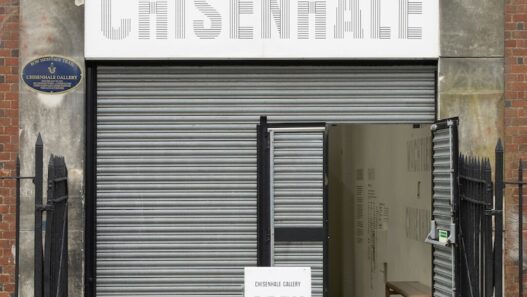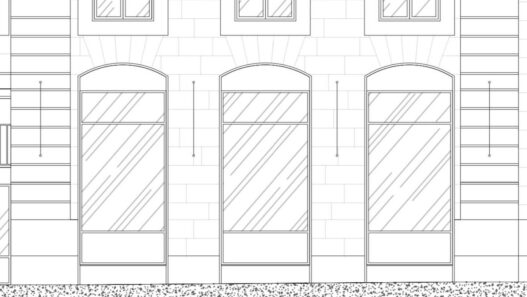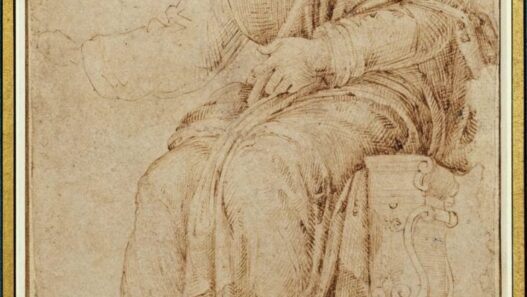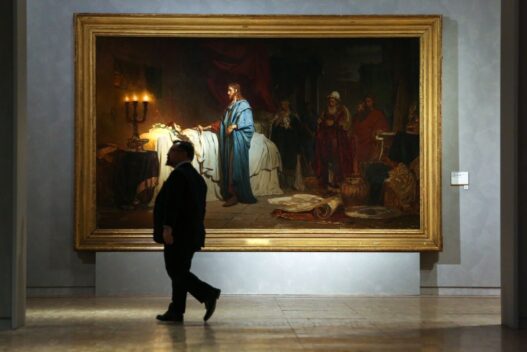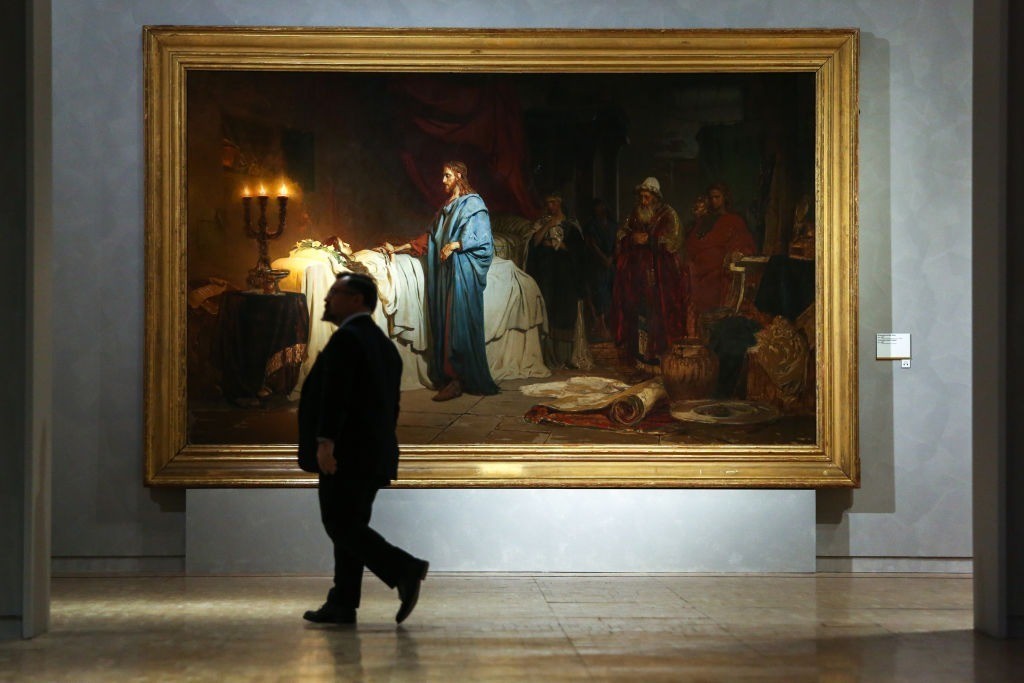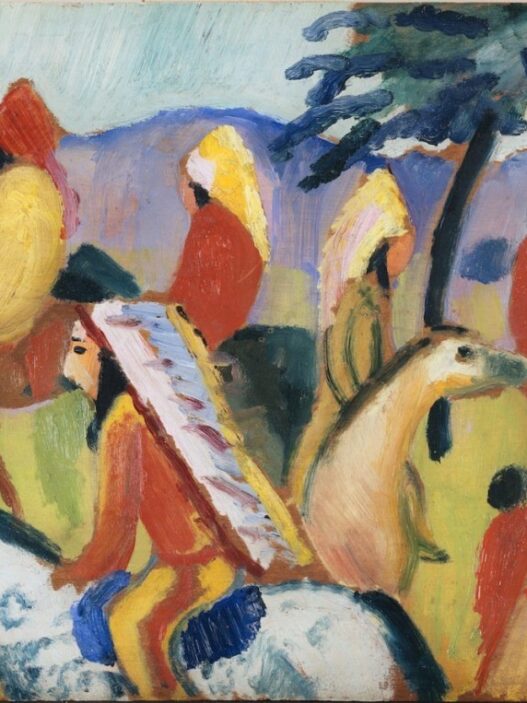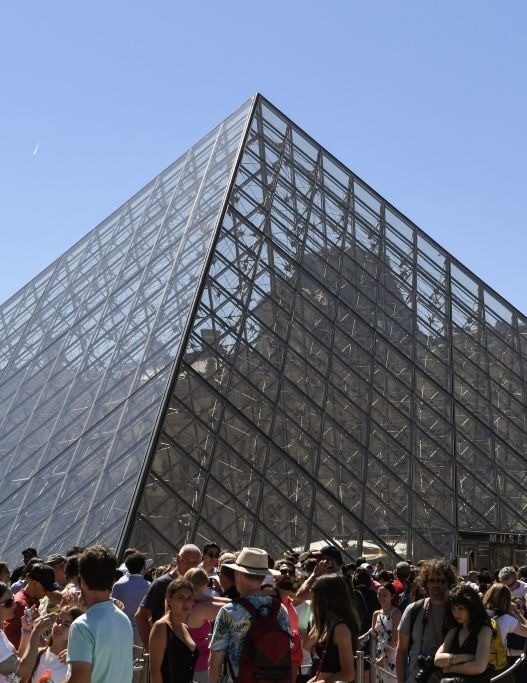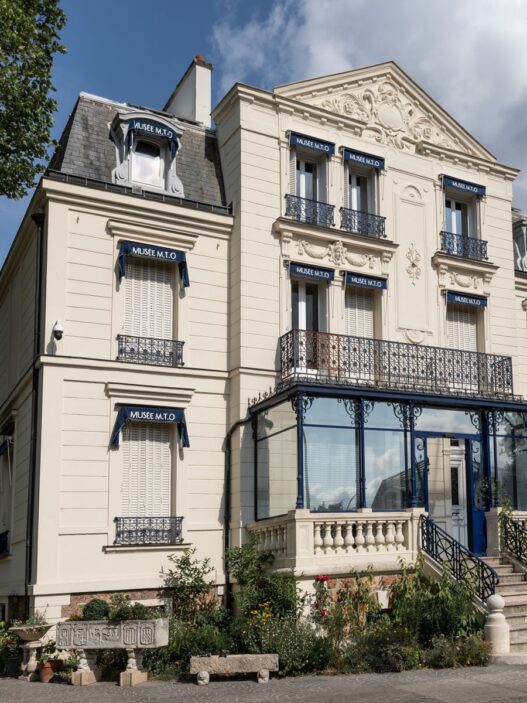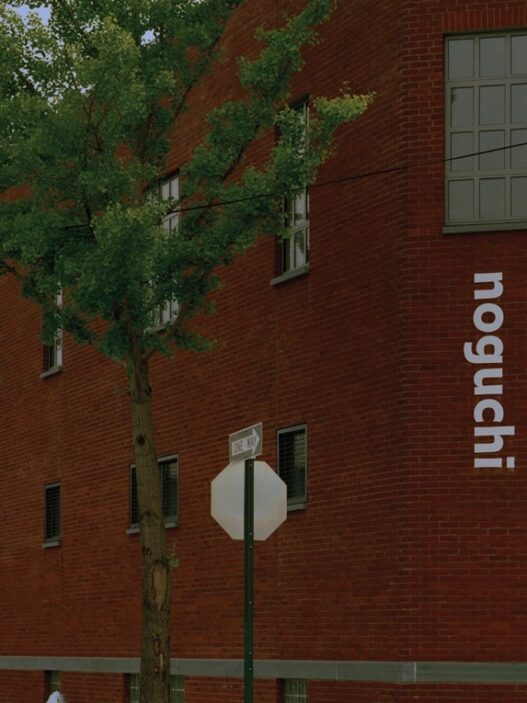Helsinki, Finland – The Ateneum, Finland’s largest art museum, has revised the nationality of renowned 19th-century artist Ilya Repin from Russian to Ukrainian. This decision follows a persistent campaign by Ukrainians, particularly journalist Anna Lodygina, who uncovered evidence of Repin’s true heritage.
Lodygina’s extensive investigation, published in Ukrainska Pravda, revealed that Repin’s family origins lie in present-day Ukraine, contradicting previous cataloging by the museum. Church records obtained by Lodygina confirmed that Repin’s father and grandfather were born in Ukrainian territory.
The misrepresentation of Repin’s nationality was prevalent in art exhibitions worldwide. For instance, a joint exhibition by the Finnish museum, the Tretyakov Gallery, and the Museum of Russian Art listed Repin as Russian just months before Russia’s invasion of Ukraine.
Lodygina’s unwavering efforts included reaching out to the exhibition’s curator, providing documentation from the Repin Museum in Chuhuiv, Ukraine, to substantiate Repin’s Ukrainian roots.
Repin, a prominent Realist painter in 19th-century Russia, captivated audiences with his emotive and enigmatic portrayals of notable figures, including Mikhail Glinka, Pavel Tretyakov, and Leo Tolstoy. His artistic journey evolved from street scenes to war depictions, influenced by his admiration for the Impressionists.
The Ateneum’s rectification of Repin’s nationality aligns with a global trend of recognizing Ukrainian heritage in art. In recent months, institutions like the Metro in New York and the Stadelijkk Museum in Amsterdam have reclassified Repin and other artists as Ukrainian rather than Russian.
This act of acknowledgment not only corrects historical inaccuracies but also celebrates the rich cultural heritage of Ukraine. It underscores the importance of accurate representation and the ongoing efforts to rectify misattributions that have persisted for far too long.


